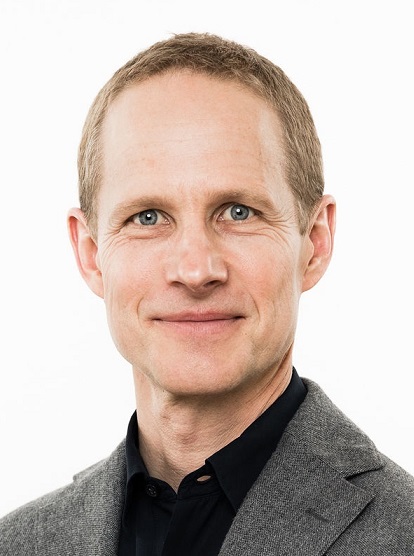Smart City: How can development be managed?
In a recent article for the Israel Public Policy Institute, Borderstep co-founder and senior researcher Dr. Severin Beucker looks at the state of the debate on the topic of Smart City in Germany. Ambitious technical visions dominated the projects.
For example, projects dealt with the use of networked sensors and applications such as motion and traffic control cameras. The collection of data on energy and water consumption in buildings to improve municipal services and utilities was also in demand. In the process, the individual benefits for people often came up short in the subjective perception; fears of data misuse dominated the debate for this reason as well.
Overview of smart city solutions in Germany
How has this situation changed? What role do the profit interests of companies play in this? Which pilot projects for the smart city have been successful? How are cities such as Berlin positioning themselves? How does this work in the interaction of the players? Severin Beucker sheds light on concrete examples from various sectors and regions.
The article can be read free of charge.
The Israel Public Policy Institute (IPPI) is an independent non-profit think and do tank based in Tel Aviv with representations in Berlin and New York. With our global network of experts and partners, we strive to foster fresh thinking on how to tackle some of the most pressing policy challenges of the 21st century from within an international and interdisciplinary perspective.
